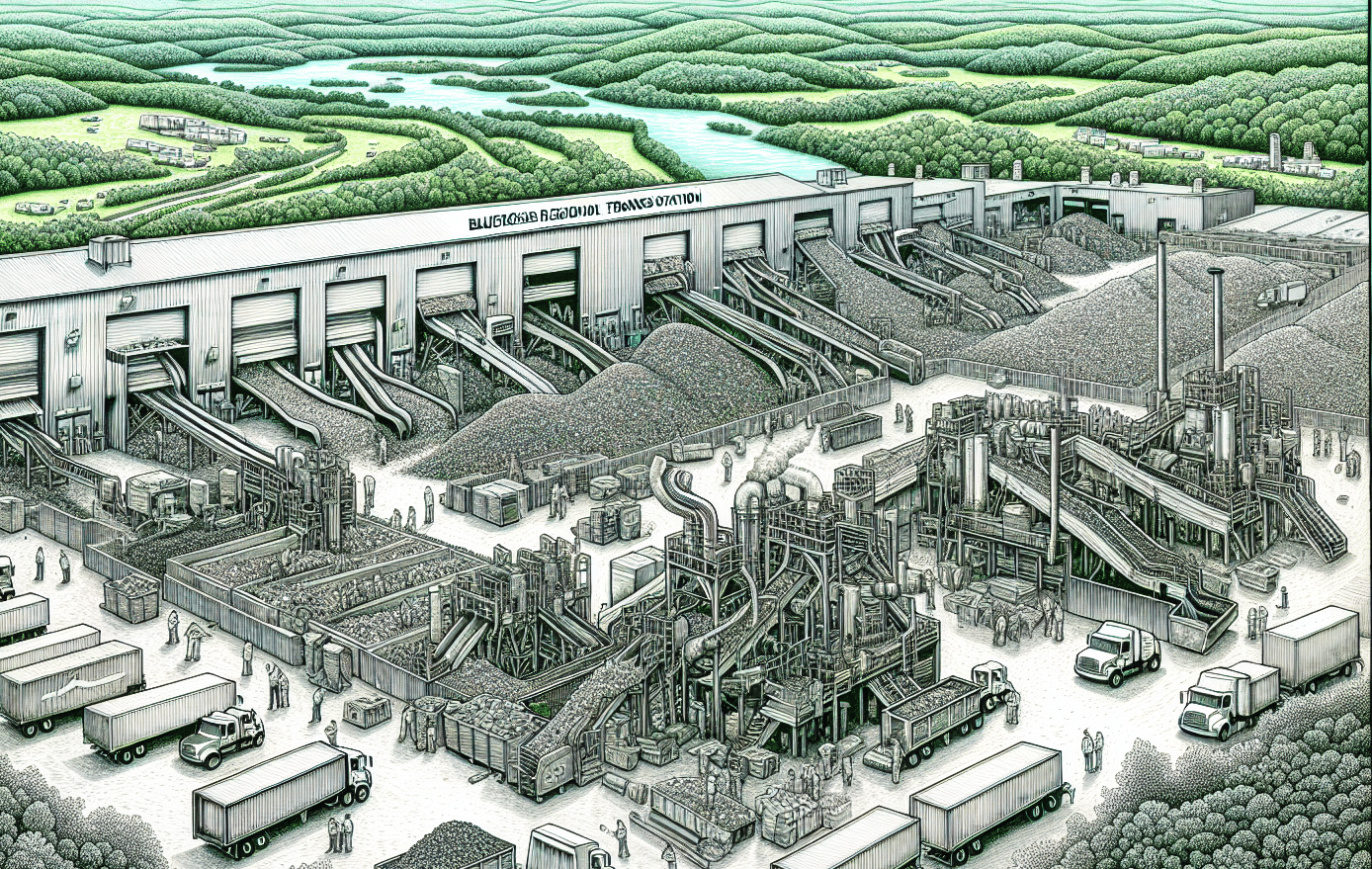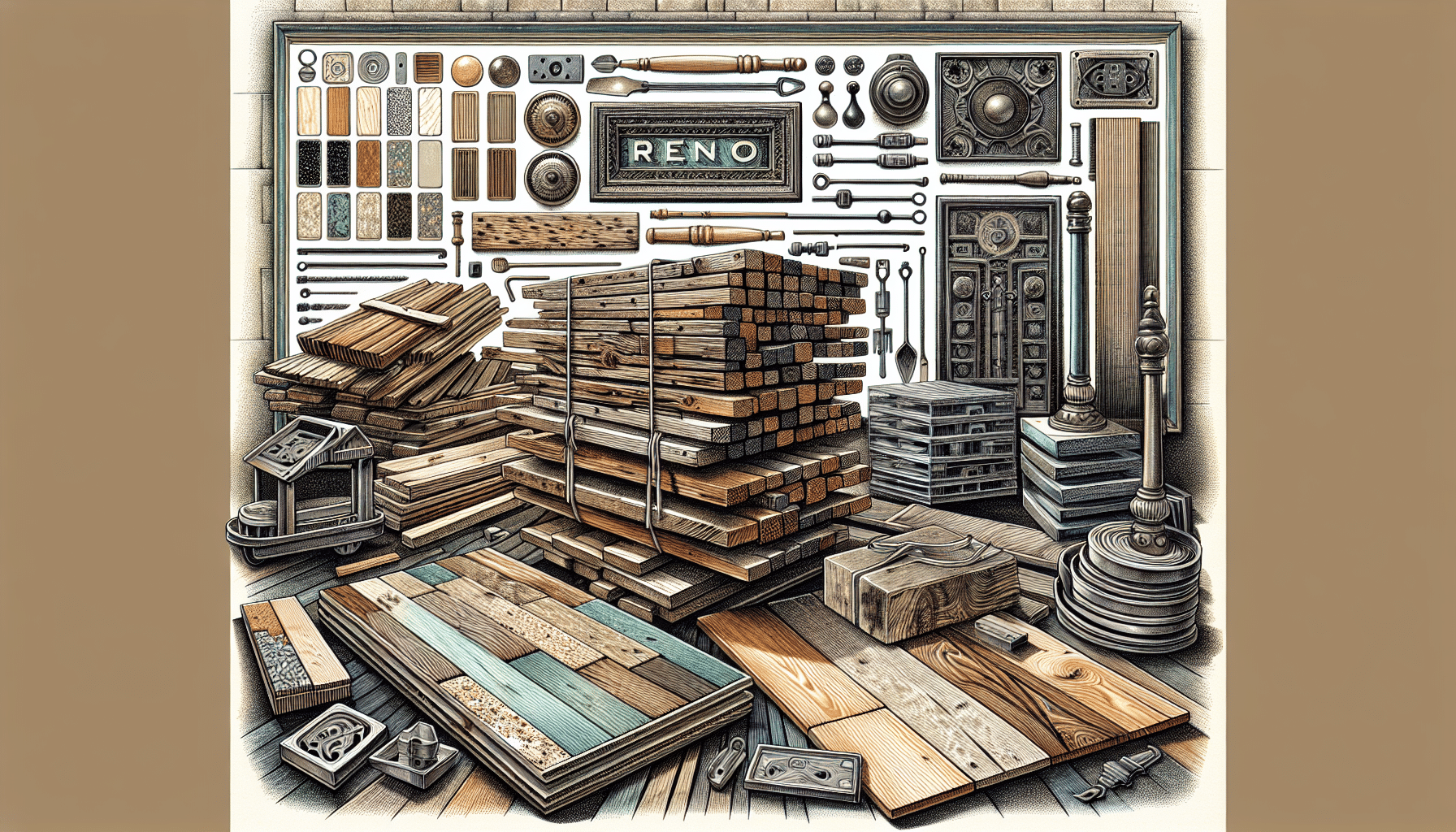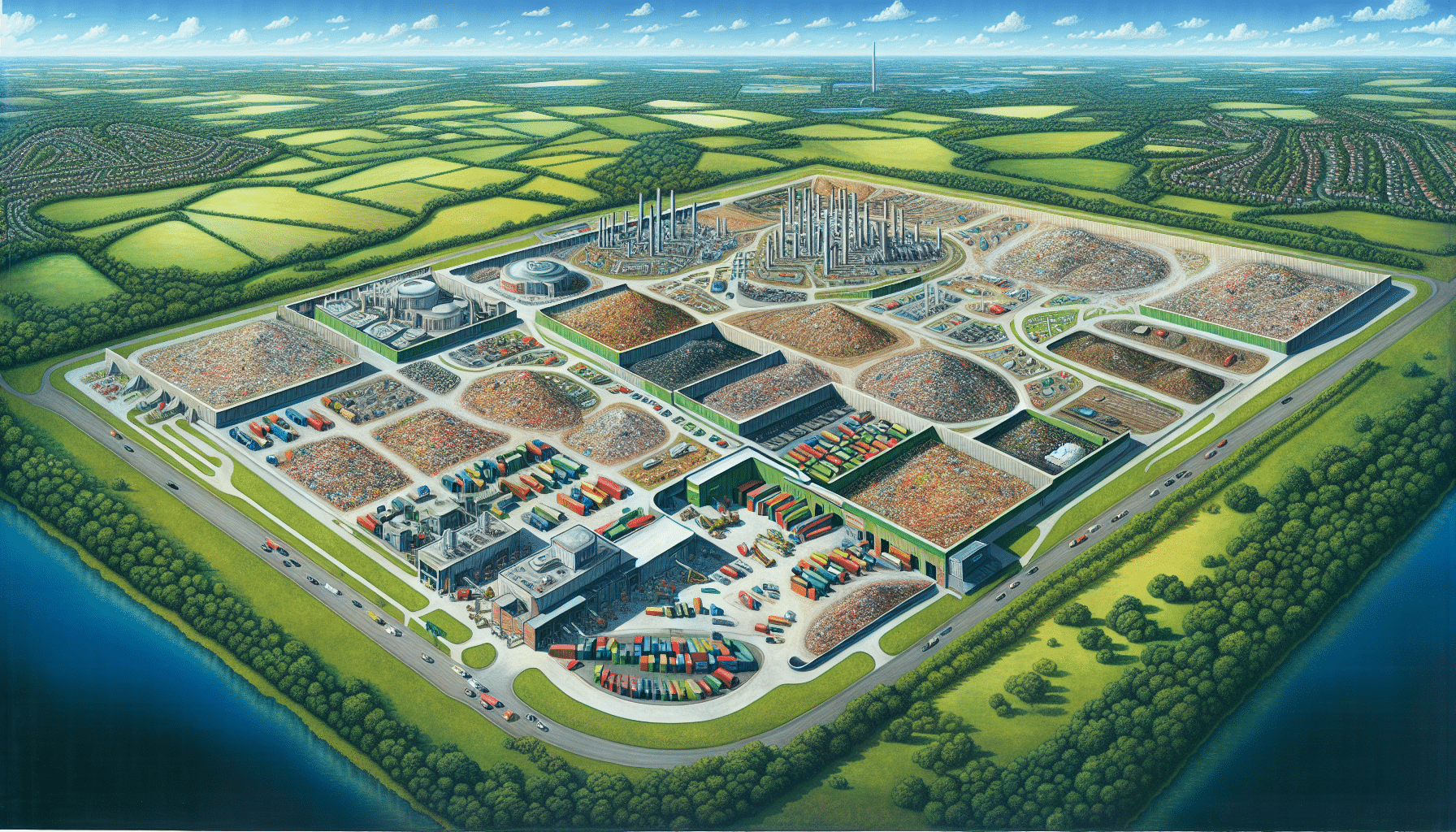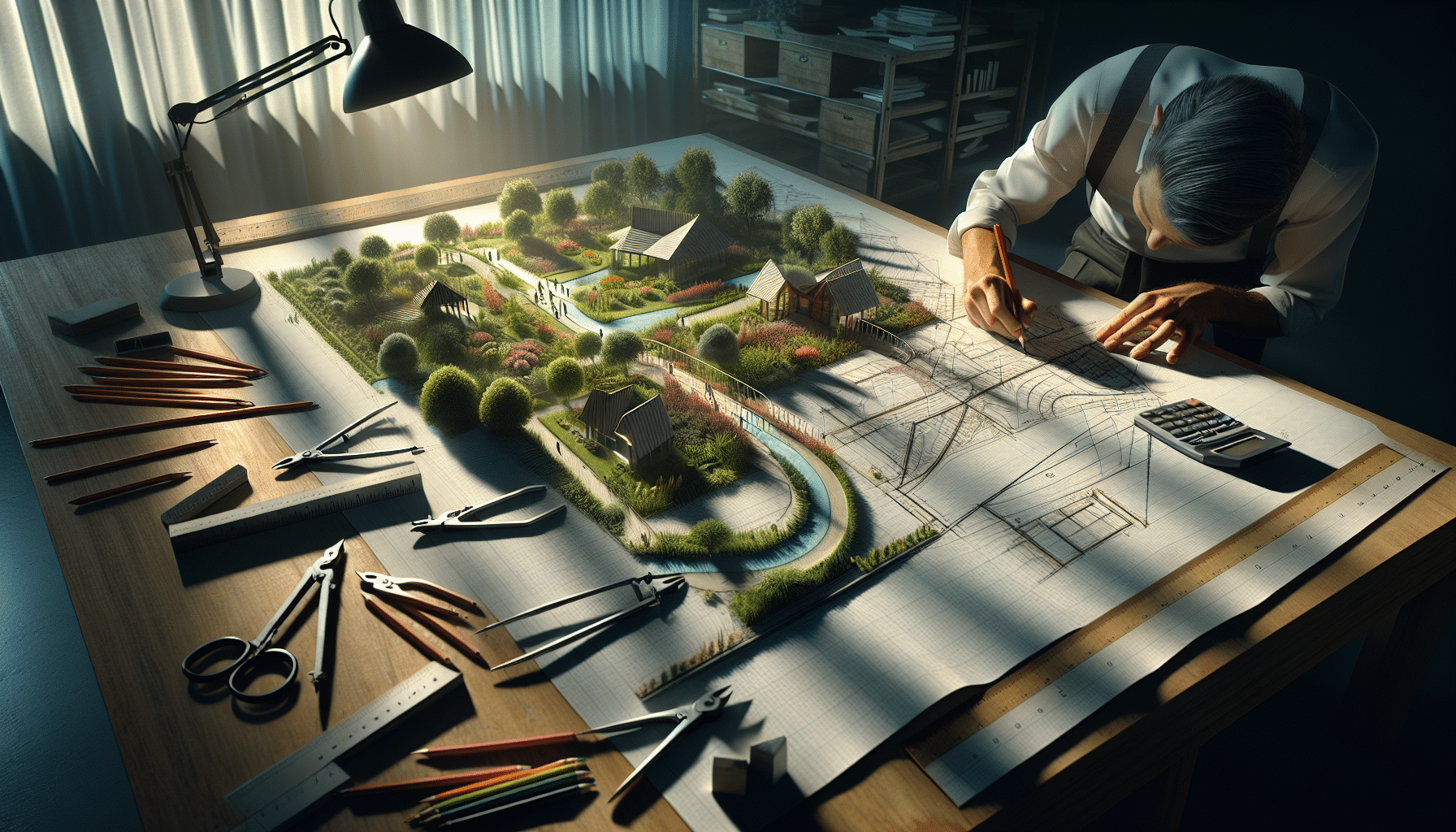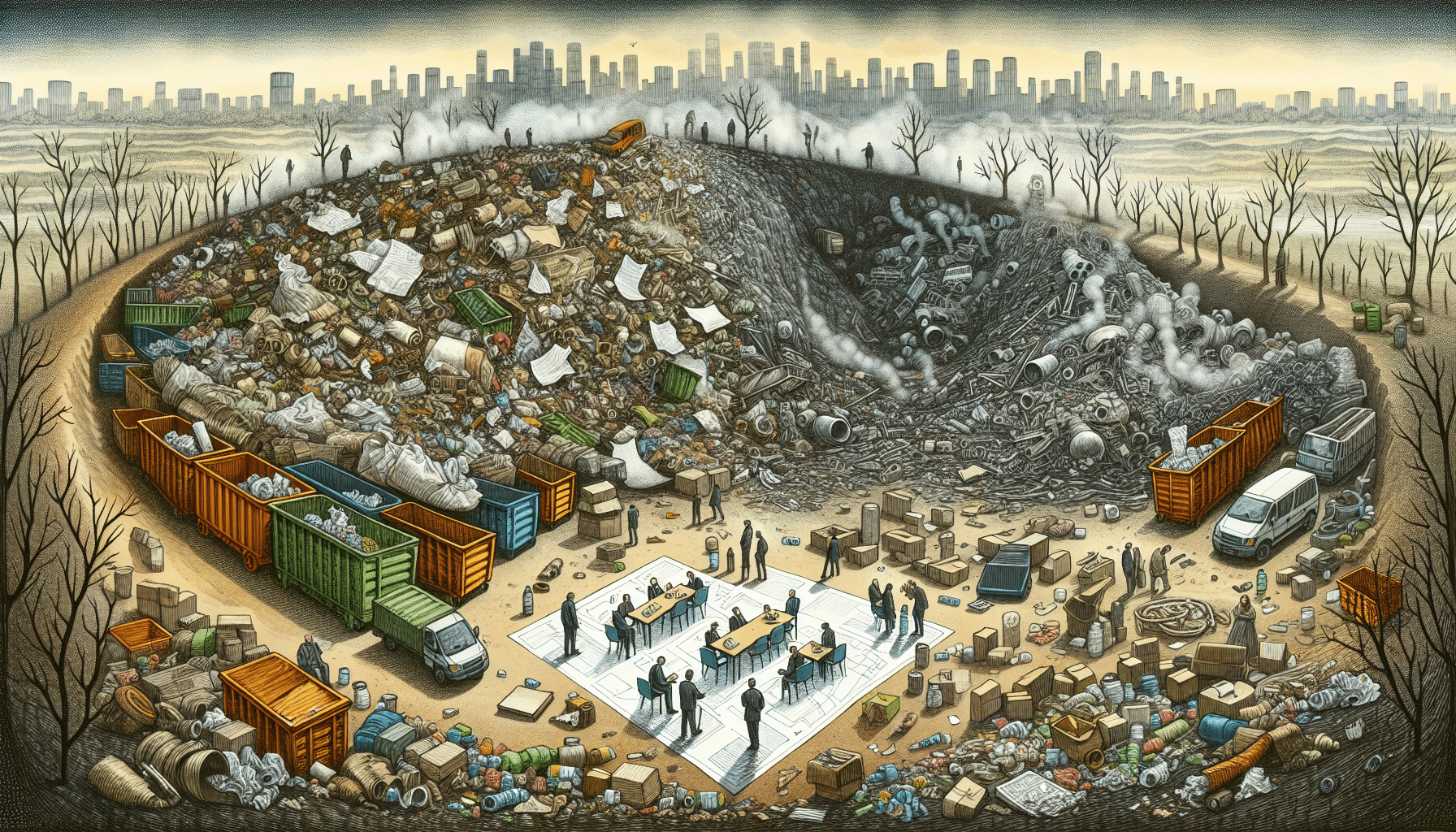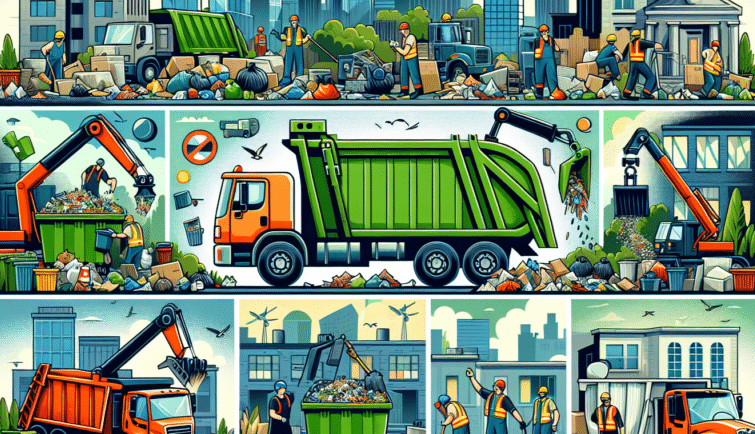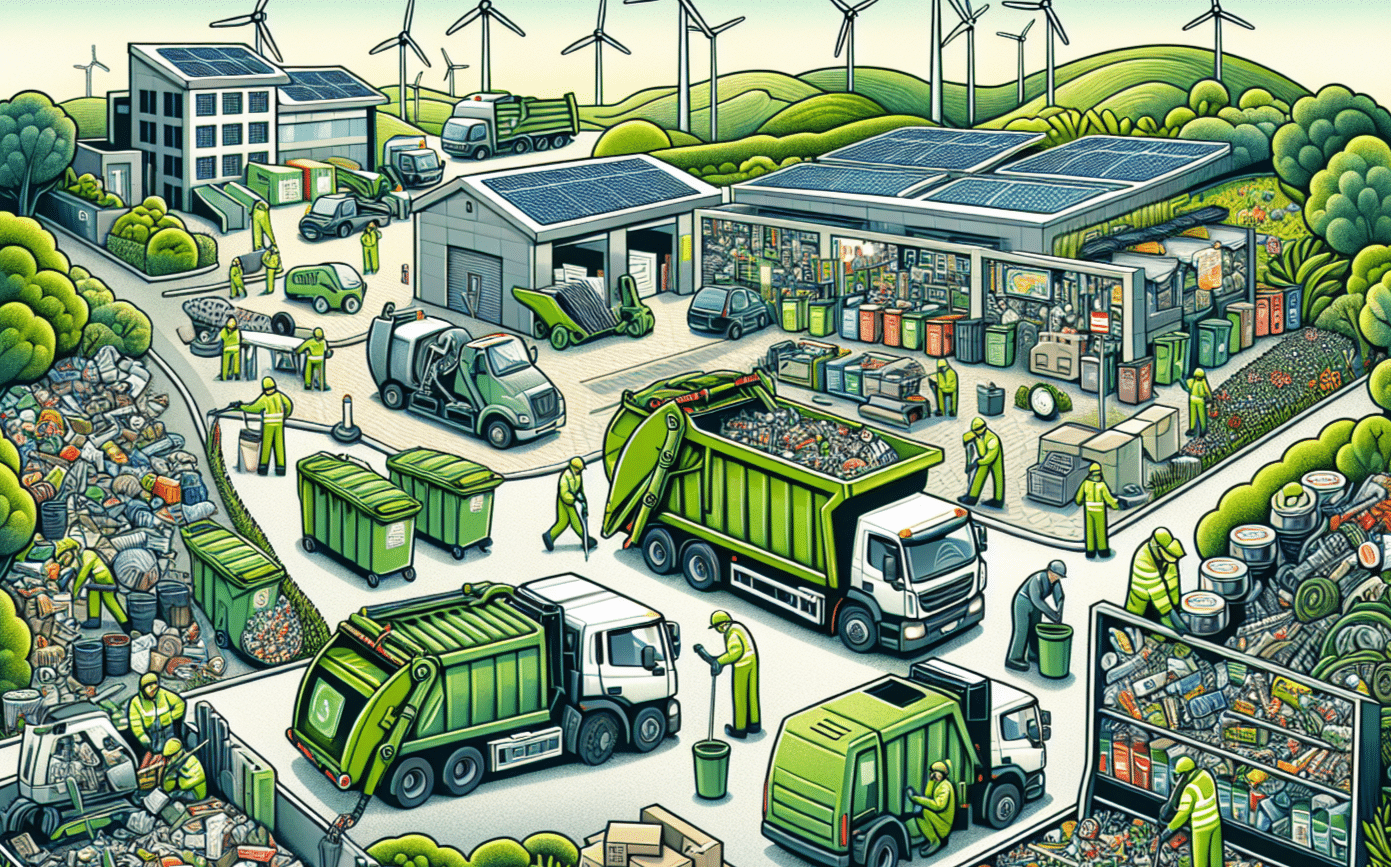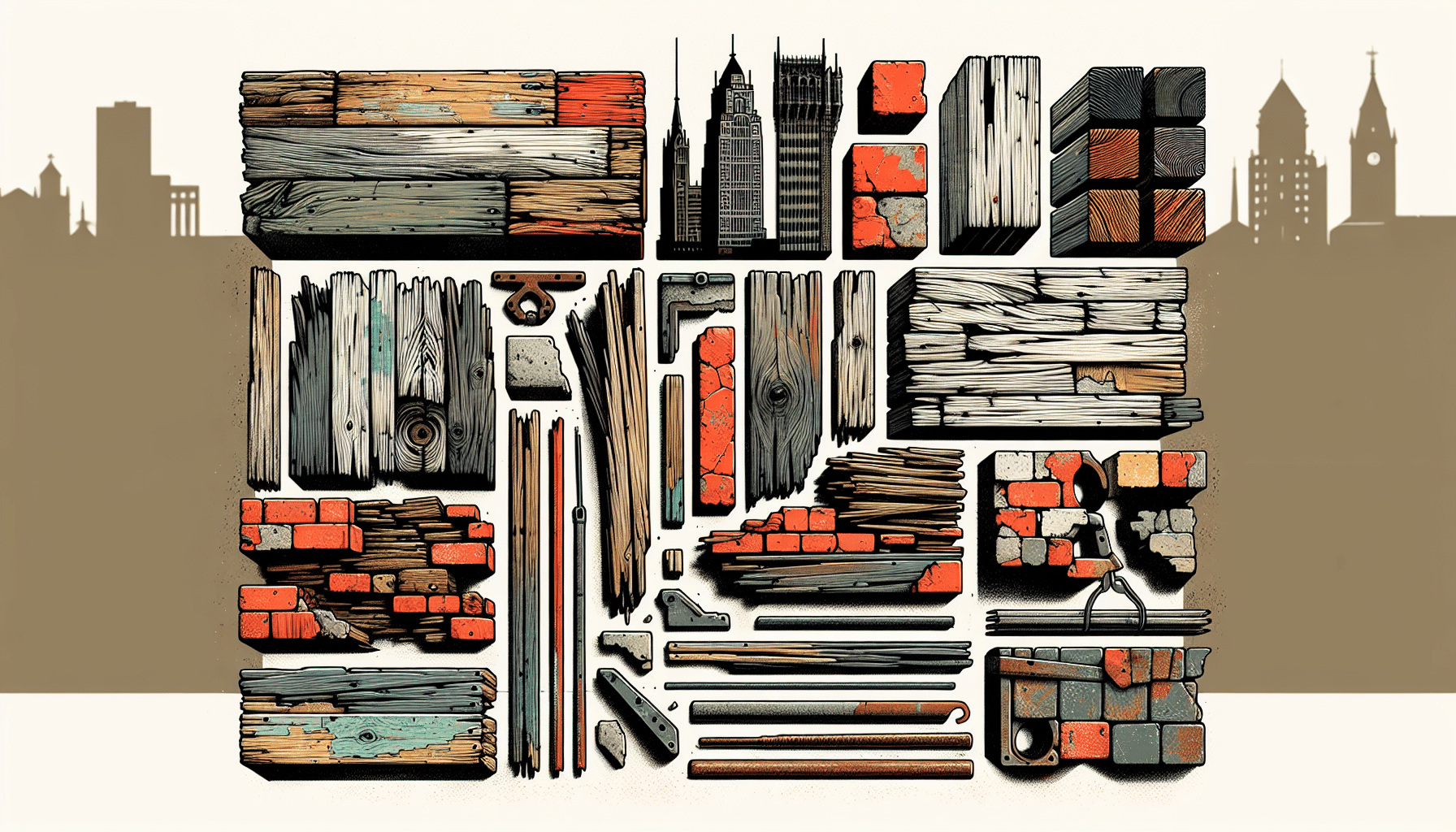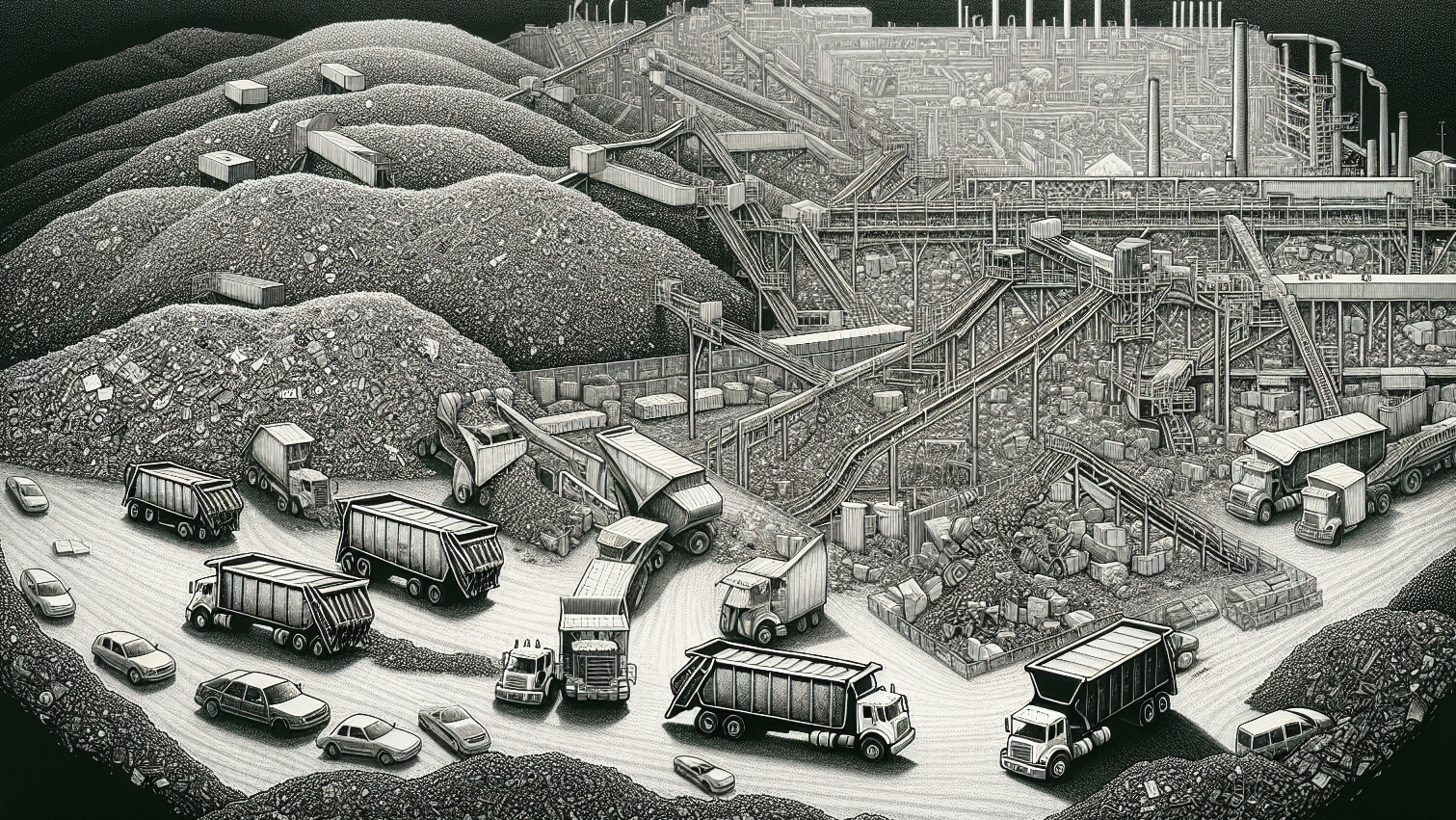Are you looking for recycled building materials in Birmingham, AL? Get straight to the heart of green construction with our guide to the best local providers: no fluff, just your direct line to sustainable building and the rewards of choosing recycled.
Key Takeaways
- Reclaimed wood in Alabama is sought after for its unique history, aesthetics, and environmental benefits, with companies like Evolutia at the forefront of salvaging and repurposing these materials.
- Birmingham boasts a variety of stores and centers, like Nomad Homestead Supply, that promote recycled building materials. These help the community save money while supporting sustainability.
- There’s a global trend in architecture and design to creatively use old materials in new spaces, proving that recycled elements can be both economically sensible and integral to innovative design.
Exploring the World of Reclaimed Wood in Alabama
Beneath the surfaces of Alabama’s high-end homes, reclaimed wood resonates with more than just material value – it tells a story. This wood, infused with history and character, is making waves in the world of elegant home design. From the rich hues of heart pine to the deep grooves of cypress, antique wood flooring and paneling are treasures hunted for their historical patina and unique flair. Rather than just timber, these pieces are historical fragments, infusing spaces with narratives unmatched by new materials.
An aura of exclusivity clings to reclaimed wood, much like the moss on the stately oaks of the South. The rarity of certain types—think of the storied planks from old mills or logs once lost to riverbeds—only adds to their allure. Whether it’s forming the backbone of a rustic abode or adding an unexpected twist to a contemporary setting, reclaimed wood bends beautifully to the will of imaginative design.
However, this material offers a depth transcending mere aesthetics. The choice of reclaimed wood speaks to a larger narrative of environmental stewardship and quality. Take Evolutia, a company that has anchored itself on the mission to salvage and repurpose this precious resource. Not only does their work prevent unnecessary waste, but it also halts the march towards depleting new raw materials. Although reclaimed wood may carry a higher price tag, its historical significance and contribution to sustainability are priceless.
Birmingham’s Best: Recycled Building Materials Stores
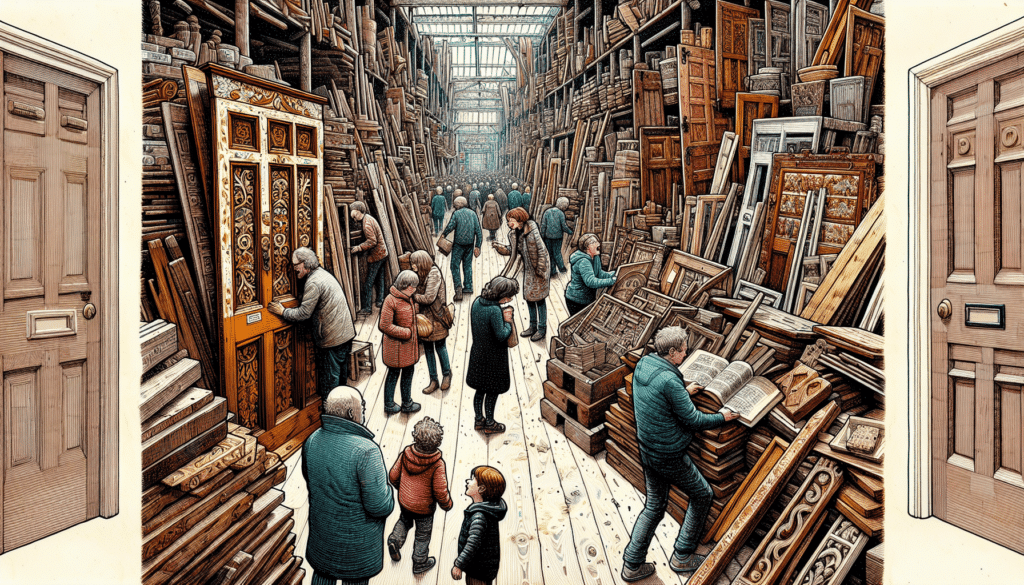
Standing tall among Birmingham’s eco-conscious businesses is Evolutia, an establishment that has made a name for itself by turning what was once old into something unmistakably new and vibrant. Specializing in transforming historic building materials into stunning products like wood flooring and beams, Evolutia serves a clientele that spans from cozy homes to expansive commercial spaces.
But the pursuit of recycled treasures doesn’t end there. Nomad Homestead Supply has carved out its niche in the heart of Alabama by embracing construction material donations with open arms. Here, tax-deductible contributions of leftover materials find new life on the shelves, offering a range of goods—from kitchen sinks to refurbished tools—at prices that are as attractive as their commitment to sustainability.
The city’s network of reuse centers is a testament to Birmingham’s dedication to building a greener world, one salvaged window at a time. These hubs house an eclectic mix of materials, providing DIY enthusiasts and professional builders alike with sustainable options that span the spectrum of construction needs. By choosing these centers, customers aren’t just finding a bargain; they’re participating in a cycle of renewal that benefits the entire community.
Every business and store contributes significantly to Birmingham’s evolving landscape. The brick that once formed the foundation of a mill can now be the centerpiece of a new family’s hearth. The doors that opened to a bygone era can now welcome guests to a modern abode. It’s not just about shopping; it’s about becoming a part of the city’s fabric of regeneration.
How to Sell Your Leftover Construction Materials in Alabama
Have you ever finished a project and wondered what to do with the surplus materials that clutter your space? In Alabama, those remnants aren’t just waste—they’re potential profits. Clever handling of surplus construction materials can convert waste into wealth, breathing new life into materials and boosting your income.
Setting the right price for these recycled gems is crucial. It’s a balancing act between the current market’s pulse and the intrinsic value of your wares. You want to reflect a fair market price that also ensures a profitable return, attracting buyers who appreciate the worth of repurposed materials. The goal is to strike a balance between sustainability and economic wisdom.
So, consider the possibilities if you’re sitting on a pile of unused bricks or a stack of lumber that’s collecting dust. The Alabama reclaimed wood scene is ripe for sellers who are ready to step into the green circle of construction. Your spare materials could be exactly what someone else needs for their project.
Creating New Spaces with Old Materials
Merging historical allure with modern design extends beyond being a mere trend in Alabama. Around the globe, designers and architects are pushing the boundaries of what’s possible with reclaimed materials. Take a restaurant in Bangalore, for example, where a medley of locally collected, unwanted objects has been transformed into a design statement that’s as sustainable as it is stylish.
Across the pond, London’s Silo, a pioneer in the zero-waste movement, has crafted its interior using recycled plastic and sustainably sourced wood. Its furniture and lighting aren’t just functional; they’re conversation starters, each with a backstory of repurposing and innovation. Similarly, the GjG House in Belgium stands as a curved marvel, showcasing the potential of reclaimed bricks in modern architecture.
On the Iberian Peninsula, Spain’s 10K House demonstrates that economic building doesn’t have to compromise on creativity or environmental responsibility. Here, recycled items aren’t merely included; they’re integral structural elements, proving that building on a budget can also mean building with a conscience. To stay updated on similar projects, follow our Facebook page.
Then there’s the Rylett House in the UK, where a kitchen island fashioned from an old carpenter’s bench perfectly symbolizes the marriage of the old and the new.
The Lifecycle of Building Materials: From Reclamation to Reuse
The path from reclamation to reuse of building materials is a careful process requiring foresight and precision. The focus isn’t solely on rescuing remnants; it’s about picturing a future where each beam and brick gets another chance to shine. Tools like the EPA’s Deconstruction Rapid Assessment Tool are invaluable in this mission, helping to identify the suitable structures for deconstruction and efficiently allocate resources.
Deconstruction, the thoughtful dismantling of buildings, preserves the integrity of materials that would otherwise be lost to demolition. This technique has proven its worth, allowing for the recovery of valuable resources from unlikely places, such as abandoned mobile homes. Opting for deconstruction instead of demolition enables us to save materials and the narratives and vitality they hold.
Consider the approach of creating adaptable buildings constructed with the foresight of eventual disassembly. This strategy utilizes modular components and durable materials, ensuring that when the time comes, these buildings can be taken apart quickly, and their materials are ready to embark on a new construction journey. The Kamikatsu Zero Waste Centre in Japan is a testament to this ideology, with a façade composed of windows donated by the community, embodying the ethos of reuse and community spirit.
In Düsseldorf, an office renovation is a prime example of how locally sourced materials like poplar wood can be repurposed to support structural and aesthetic needs, all while existing flooring is retained and biodegradable substances are integrated. With their straightforward ‘stick-by-stick’ construction, wood-framed buildings are particularly suited for deconstruction, making lumber reuse feasible and highly effective.
Summary
As we wrap up our exploration, it’s clear that the narrative of recycled building materials in Birmingham and across the globe is one of innovation, sustainability, and community. From the charm of reclaimed wood to the practicality of reuse centers, the potential for repurposing materials in construction is boundless. These practices reduce waste and demand for new resources and add a layer of history and uniqueness to our spaces.
Let this journey inspire you, a call to see the beauty and opportunity in what was once considered the end of the road for building materials. Whether you’re a homeowner, a builder, or an eco-conscious citizen, the doors are wide open for you to join this green revolution. Embrace the past, create the future, and build a legacy that stands the test of time.
Frequently Asked Questions
What makes reclaimed wood so special compared to new wood?
Reclaimed wood is special compared to new wood because it holds a piece of history, has unique characteristics like a distinctive patina and signs of aging, and reduces the demand for new raw materials. This makes it environmentally friendly and adds a sense of story and character to any project.
Are there any financial benefits to using reclaimed building materials?
Yes, using reclaimed building materials can provide financial benefits by increasing property value and allowing you to sell leftover materials to recoup some of your initial investment.
How do I know if the recycled building materials I buy are good quality?
To ensure you get good quality recycled building materials, buy from reputable sources like reuse centers or specialized stores that thoroughly inspect and prepare materials. Always check for damage and ask about the origin and history of the materials.
Can I donate my leftover building materials instead of selling them?
You can donate your leftover building materials to organizations like Nomad Homestead Supply for a tax benefit while supporting the community and promoting sustainability.
Is it possible to build an entire house using only recycled materials?
Yes, building an entire house using only recycled materials is possible. Projects like Spain’s 10K House have shown that with creative planning and dedication, recycled items can become primary structural elements of a home. It requires careful sourcing but can result in a unique and eco-friendly dwelling.








































































